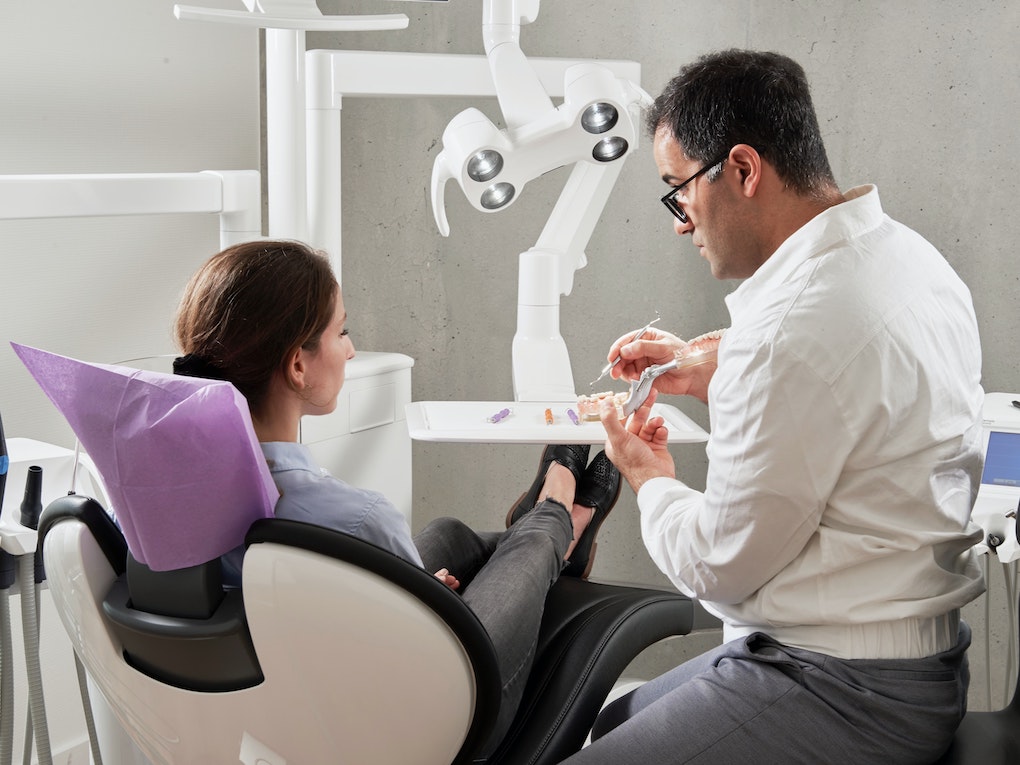Webinar: “10 Ways to Prep Your Practice for Transition”
Every so often, Professional Transition Strategies (PTS) hosts a webinar for sellers to learn more about the transition process. In April 2019, a webinar geared toward sellers detailed the steps and options when considering buying a dental practice. Here are the key takeaways.
Think about your strategy
A seller should begin with the end in mind. Think about your long-term needs, how much time is needed to implement the plan and what your ideal strategy looks like, including a buy-out, partnership or associateship, as well as whether you would consider selling to a dental service organization (DSO), private equity for extensive growth, or merger with another local practice.
Start or keep growing your practice
The biggest failure of owners is letting the practice start to decline when thinking of selling. In turn, the value of the practice drops significantly and can cause a bank to decide not to finance the acquisition. What’s more, it lowers the total options that a broker can deploy. It is worthwhile to market your practice right up until the point of transition to ensure the value won’t decline over the course of time.
Focus on core details
Other than financials, it’s important to take a wholesale look at your practice to assess what has made your practice successful. Do you provide certain treatments that set you apart? What niches do you work in? Do you serve a certain community very well? Are you engrained in the business sector? Is your management style unique in that it allows you to keep employees for a long time?
Run an equipment evaluation
Most practices are valued using a weighted system that takes into account how old the equipment is. If time allows, it may make sense to purchase upgraded equipment, use that equipment, depreciate it over five years, and achieve a much higher sales price, even though you won’t get a 100% return on your investment. Consider going digital if you haven’t already, then upgrade cone beam computed tomography, digital impressions, computer-aided design and manufacturing system, and new chairs and units.
Consider the real estate
If you don’t own the building, notify your landlord that a transition will happen. If possible, sign a new lease or an addendum that allows the lease to be assignable to a dentist who qualifies for bank financing. If you do own the building, which can be sold as an asset to help pay for retirement, start paying yourself market rent. Alternatively, consider relocating your practice to a more desirable location, which can raise your practice valuation by as much as 5%.
Clean up your books
In addition to charging yourself market rent if you own the building, if you employ your spouse, consider replacing them or at least start paying them what market value for the position would be. What’s more, don’t stop writing off items through your practice; keep track of personal travel, depreciation, etcetera.
Know your “why”
One of the biggest worries for a buyer is that they will have to compete with you over time so it’s important to be able to articulate a real and communicable reason to a buyer at least a broker so that they can tell the story for you.
Build an advisory team
Assembling a team of advisors to help guide you through every step of the process will ensure the success of your business is established from the beginning. As with any team, you’re only as strong as your weakest link, so it’s important to choose advisors who have experience in the dental industry, such as a consultant, technology advisor, real estate broker, equipment and supply representatives, certified public accountant (CPA), and attorney.
Know your practice’s worth
Creating a practice prospectus that breaks down the profitability of the practice helps to understand the value of the practice and can help determine the best strategy to use, as well as give you a roadmap for what you need to do before the sale occurs, which could alter your expectations in terms of horizons. Factors such as revenue, net income, seller’s discretionary earnings and value of hard assets will all be taken into consideration.
Execute strategy
After determining which strategy to implement and how long it will take to get there, you can start getting the work done that needs to happen before the transition takes place. Now is the time to start working with an advisor to take the next steps toward implementing your strategy over the set period of time.
What’s next?
Learn more about the dental transition process in an upcoming webinar, then contact the experts at PTS to learn about the next steps.








